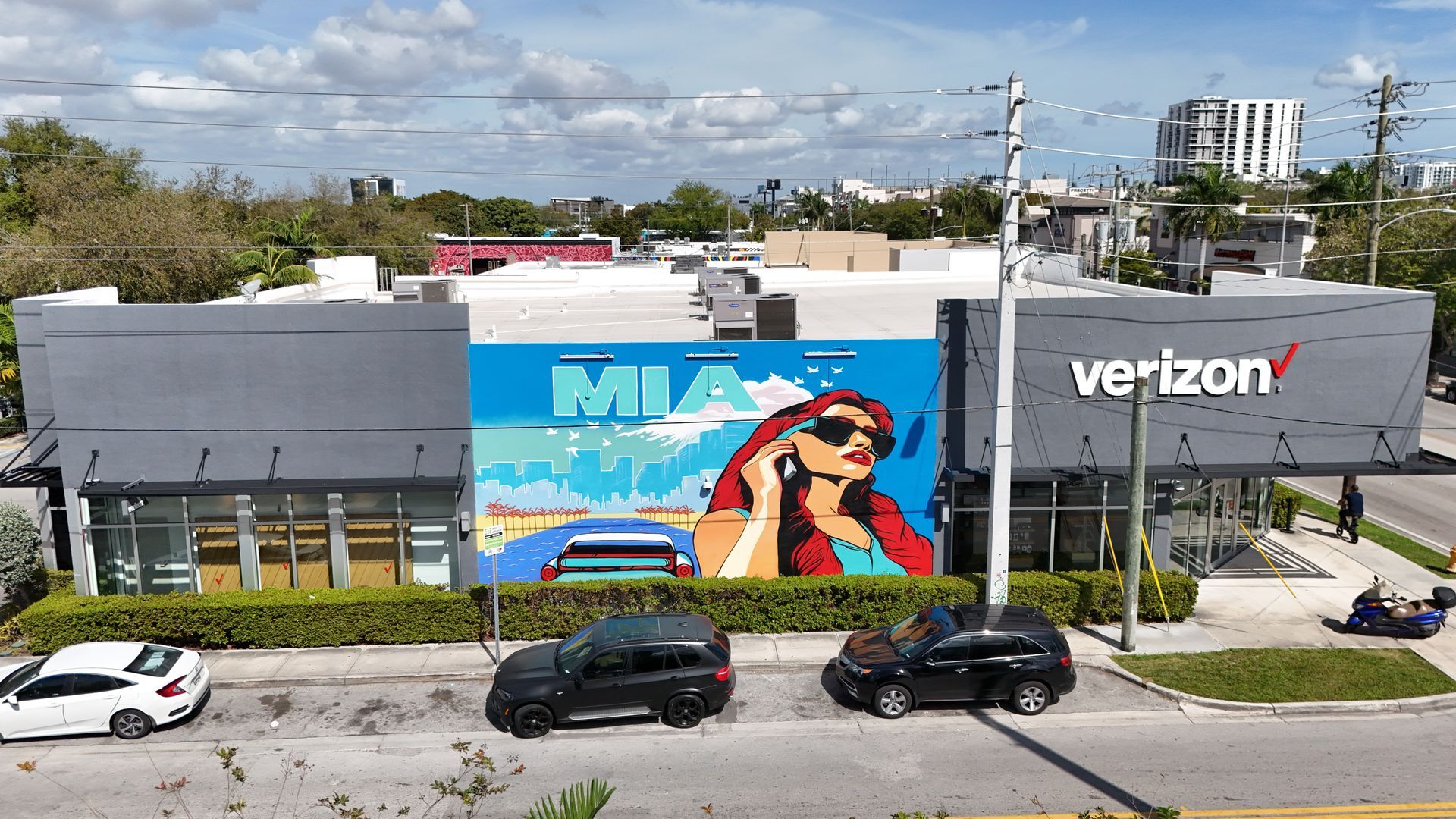A Complete Guide to Machine Learning in Marketing

Machine learning (ML) is revolutionizing various industries, and marketing is no exception. In today's data-driven world, leveraging ML can transform marketing strategies, improve customer insights, and enhance overall business performance. This guide explores the impact of machine learning in marketing, its benefits, applications, real-world examples, and insights from Fortune 500 marketing leaders.
Understanding Machine Learning in Marketing
Machine learning is a subset of artificial intelligence (AI) that enables systems to learn and improve from experience without explicit programming. In marketing, ML algorithms analyze vast amounts of data to identify patterns, predict outcomes, and automate decision-making processes. This empowers marketers to create more personalized and effective campaigns.
Benefits of Machine Learning in Digital Marketing
- Enhanced Data Analysis: ML algorithms can process and analyze large datasets quickly, uncovering insights that would be difficult to detect manually. This leads to better decision-making and more effective marketing strategies.
- Improved Customer Segmentation: ML helps identify distinct customer segments by analyzing customer behavior and preferences. This allows for targeted marketing efforts, ensuring the right message reaches the right audience.
- Personalized Marketing: Machine learning enables the creation of personalized experiences for customers. From tailored email campaigns to product recommendations, ML enhances customer satisfaction and engagement.
- Optimized Marketing Processes: Automating repetitive tasks such as data entry, customer segmentation, and A/B testing frees up time for marketers to focus on strategic initiatives.
- Real-Time Insights: ML provides real-time analytics and insights, allowing marketers to adapt their strategies swiftly based on current data trends.
Applications of Machine Learning in Marketing
1. Customer Segmentation
- ML algorithms analyze demographic, behavioral, and transactional data to identify distinct customer segments. This enables marketers to create tailored campaigns for each group, improving engagement and conversion rates.
2. Personalized Recommendations
- Recommender systems use ML to analyze past customer behavior and predict future preferences. This is common in e-commerce, where personalized product recommendations drive sales and enhance customer satisfaction.
3. Predictive Analytics
- Predictive analytics leverages ML to forecast future customer behavior, sales trends, and campaign outcomes. This helps in optimizing marketing strategies and resource allocation.
4. Natural Language Processing (NLP)
- NLP analyzes and understands human language, enabling chatbots and virtual assistants to interact effectively with customers. It also helps in sentiment analysis, allowing marketers to gauge customer opinions and sentiments on social media and other platforms.
5. Ad Targeting and Optimization
- ML algorithms analyze user data to deliver highly targeted advertisements. By continuously learning from user interactions, these algorithms optimize ad placements, bids, and creatives for maximum effectiveness.
6. Email Marketing Campaigns
- ML enhances email marketing by analyzing open rates, click-through rates, and customer behavior to create personalized email content. This results in higher engagement and conversion rates.
Real-World Examples and Insights
Quote from Tim Cook, CEO of Apple: "I am so excited about AR. I think AR is one of these very few profound technologies that we will look back on one day and went how did we live our lives without it? And so right now you can experience it in thousands of ways using your iPad or your iPhone but of course those will get better and better over time. Already it’s a great way to shop it’s a great way to learn. It enhances the learning process. I can’t wait for it to be even more important in collaboration and so forth. So I’m AR fan number one. I think it’s that big".
Case Study: Netflix Netflix uses machine learning algorithms to analyze its users' viewing habits and preferences. This allows the platform to provide personalized recommendations, which enhances user experience and keeps subscribers engaged. The company credits its ML-driven recommendation system with a significant portion of its viewing activity.
Case Study: Amazon Amazon employs machine learning to make product recommendations, forecast demand, and optimize its supply chain. The ML algorithms analyze customer purchase history, browsing behavior, and other data points to recommend products, predict stock needs, and streamline operations.
Implementing Machine Learning in Your Marketing Strategy
- Identify Objectives: Determine what you want to achieve with ML, such as improving customer segmentation, increasing personalization, or optimizing ad spend.
- Collect and Prepare Data: Gather relevant data from various sources and ensure it is clean, accurate, and ready for analysis.
- Choose the Right Tools and Technologies: Select ML tools and platforms that align with your objectives and technical capabilities. Popular choices include TensorFlow, IBM Watson, and Google AI.
- Build and Train Models: Develop ML models tailored to your marketing needs. Train these models using historical data to ensure accuracy.
- Integrate and Deploy: Integrate the trained models into your marketing processes and platforms. Monitor their performance and make adjustments as needed.
- Continuously Optimize: Machine learning models improve over time with more data. Monitor, test, and optimize your models to maintain and enhance their effectiveness.

Future Trends in Machine Learning and Marketing
- Generative AI: Generative AI is set to transform content creation by generating high-quality, personalized content at scale. This includes text, images, and videos, allowing marketers to create engaging content with minimal effort.
- Augmented Reality Marketing: AR and ML will provide immersive and interactive customer experiences. Brands can offer virtual try-ons, 3D product visualizations, and more.
- Voice Search Optimization: With the rise of voice assistants like Alexa and Google Assistant, voice search optimization is becoming crucial. ML helps in understanding and predicting voice search queries and improving SEO strategies.
- Enhanced Customer Insights: ML will provide deeper insights into customer behavior and preferences, enabling hyper-personalized marketing strategies.
Conclusion
Machine learning is a powerful tool transforming marketing by providing deeper insights, enhancing personalization, and optimizing processes. By leveraging ML, marketers can create more effective strategies, improve customer satisfaction, and drive business growth. As technology continues to evolve, the integration of ML in marketing will become even more essential, offering new opportunities and challenges. Embrace machine learning today to stay ahead in the competitive digital marketing landscape.
TALK TO A PRO
We're here to bring your brand to life!
Stay Connected with BrandXR
Create Augmented Reality for Free!
Create, Publish, and Measure 3D Augmented Reality Experiences Without Having to Code.














